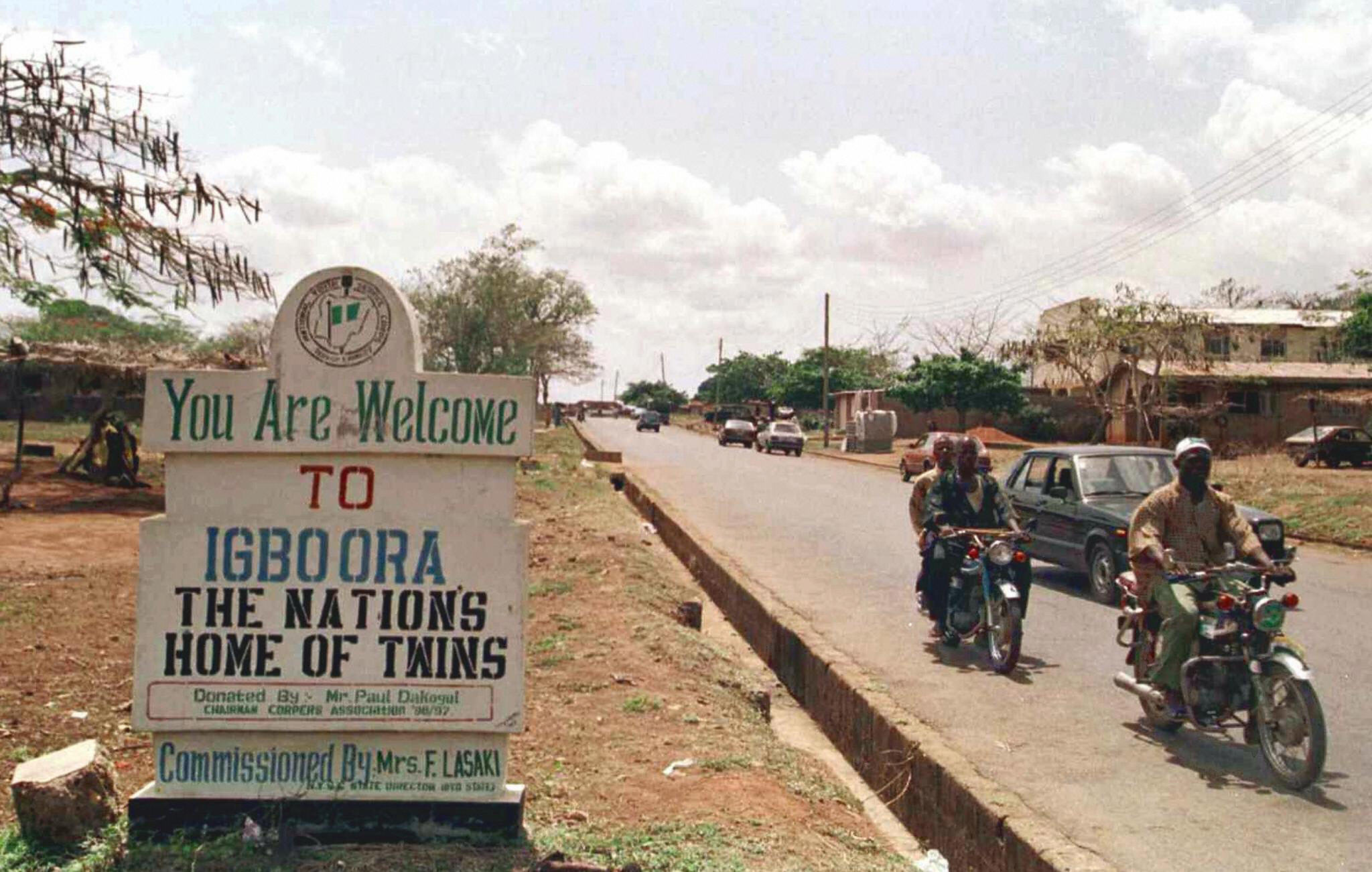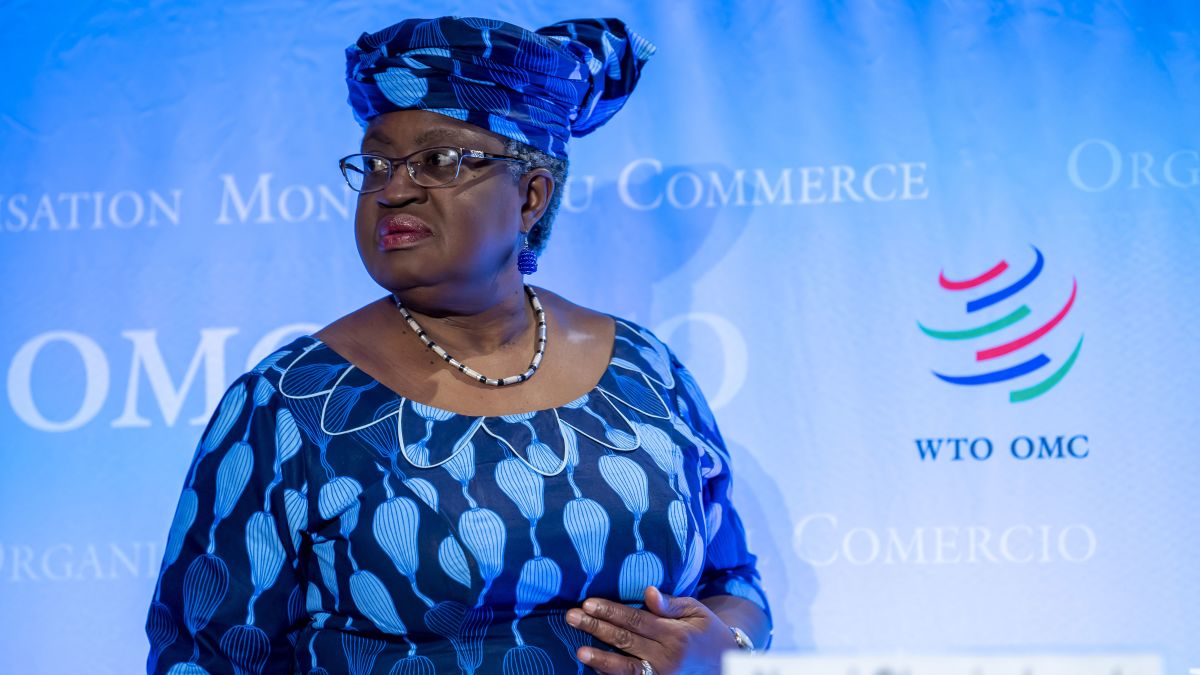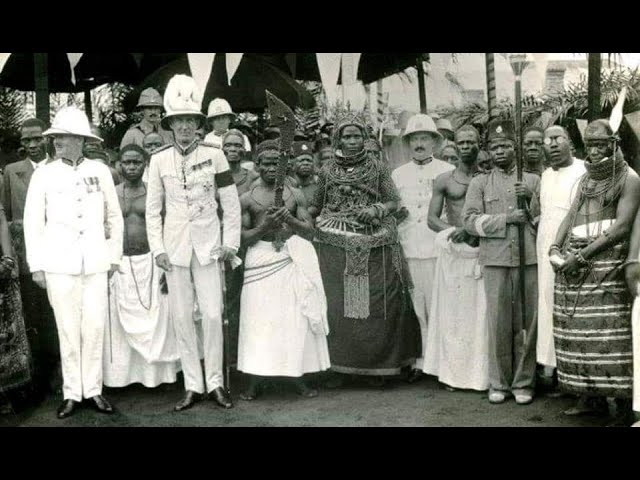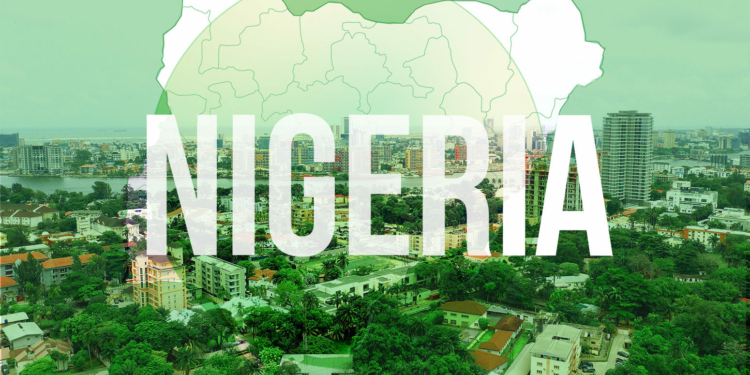Nigeria, Africa’s most populous nation is rich in both culture and history. From her amalgamation in 1914, her independence in 1960 to her return to democracy in 1999, Nigeria has gone through chains of events and historic feats, breaking records in Africa and beyond. Today, we’ll look at some interesting facts about Nigeria which many Nigerians might be oblivious to.
NIGERIA HAS THE ‘THE TWIN CAPITAL’ OF THE WORLD
The Nigerian village of Igbo-Ora is referred to as the “twin capital of the world.”. This is because of the high number of Twins Birth in that town. The town boasts about 158 sets of twins for every 1,000 live births.
The Igbo-Ora celebration, held annually by the locals, honors the town’s notoriety for having the greatest proportion of twins in the world. The Alaafin of Oyo, Oba Lamidi Adeyemi, said the festival “is a celebration of culture and recognition of Ibeji as special children in Yorubaland”. He believes the birth of twins “heralds peace, progress, prosperity and good luck to their parents”.
According to locals, the town’s women’s diet is to blame for the high rate of twin pregnancies. They attribute this to the consumption of ilasa [okra leaf] soup with yam and amala (cassava flour)
Different schools of thought have given their theories concerning this food especially am & Cassava which they believe contain c=some nutrient that can facilitate the production of twins when consumed. However, fertility experts say there is no proven link between diet and the high birth rate.
Kodinji, India, and Candido Godoi, Brasil are other places in the world while high twins birth.

NIGERIA PRODUCED THE FIRST INDIGENOUS AFRICAN MODEL TO WIN THE MISS WORLD BEAUTY PAGEANT
In 2001, the most beautiful girl in Nigeria Agbani Darego became the most beautiful girl in the world. Rivers State-born beauty queen became the first African woman to win the Miss World pageant.
Chief Agbani Darego, MFR, has gone on to judged numerous pageant, fashion, and modeling competitions. This includes Miss World 2014, Miss England 2002, Mr. Elite Model Look Nigeria 2012 and 2014, etc.
The 38 years old has worked with top brands such as Avon, Christian Dior, Sephora, Target, and Macy’s and appeared in world-famous magazines such as Elle, Marie Claire, Allure, Trace, Stitch, Cosmopolitan, and Essence. She remains Nigeria’s most famous beauty queen.
The graduate of psychology from New York University married her longtime partner Ishaya Danjuma, in 2017.

THE DIRECTOR OF THE WORLD TRADE ORGANIZATION IS A NIGERIAN
On Monday, March 1st, 2021, history was made in Nigeria and Africa as Ngozi Okonjo-Iweala resumed her office as the seventh Director-General of the WTO.
She became the first woman and the first African to serve as Director-General of WTO, a body responsible for the smooth flow of global commerce. Previously, Dr. Okonjo-Iweala had served as Nigeria’s Finance Minister (2003-2006 and 2011-2015) and briefly acted as Foreign Minister in 2006, the first woman to hold both positions. She is well-known as the first female and African candidate to contest for the presidency of the World Bank Group in 2012.
Dr. Okonjo-Iweala is a recipient of numerous awards, both locally and globally. These include the David Rockefeller Bridging Leadership Award (2014), the President of the Italian Republic Gold Medal by the Pia Manzu Centre (2011), the Global Leadership Award by the Chicago Council on Global Affairs (2011), TIME Magazine’s European Heroes Award in 2004, Finance Minister of the Year (Africa Investor Magazine, 2014), Finance Minister of the Year for Africa and the Middle East (THE BANKER, 2004), Global Finance Minister of the Year (EUROMONEY, 2005), and Minister of the Year (THISDAY, Newspaper 2004 and 2005), etc.
Her term of office with WTO will expire on 31 August 2025.

EARLY PORTUGESE VISITORS
The first foreign nationals to visit Nigeria were Europeans. However, they weren’t British who colonized Nigeria, they were Portugese in 1472AD. Yes, the British colonized Nigeria, but the Portuguese were the ones to establish contact with the country through the former Benin Kingdom.
When they came, established trade with the old Benin Kingdom, Lagos, and other regions along the coast. The Portugese quickly started trading brass and copper for pepper, cloth, ivory, and slaves. A Portuguese trader who lived in Benin in the 1490s noted that copper bracelets were more valuable than brass ones.
The Old Benin kingdom led by their king was so powerful and expanded its reach conquering other kingdoms to increase their economy. The king himself was in charge of trading slaves, ivory, and other important goods so that all the profit went to support his court and government. Only with the king’s approval was trading permitted. Europeans themselves were rarely allowed to travel interior or go to Benin City in order to prevent conducting commerce without the king’s approval.
This demonstrates that the visit’s primary purpose—trade—was the reason they were there, which is presumably why they had no interest in invading the African Kingdom.
LEADING PRODUCER OF GINGER IN AFRICA
In Africa, Nigeria is the largest producer of ginger and the fourth-largest producer of ginger in the world. The six states of the federation that generate the majority of ginger are Kaduna, Nasarawa, Benue, Niger, Bauchi, and Gombe.
Nigeria produced 110,000 metric tons in 2005, according to estimates (FAO). Nigeria produced 156,000 MT of ginger in 2012, placing it fourth in the world and at 7% of the global total. 10% of this ginger is reportedly consumed locally in fresh form, while the other 90% is dried mostly for export.
Today, it is reported that Nigeria is the third-largest exporter of ginger in the world after China and India. The quality of the Nigeria Ginger is reportedly being among the best in the world and has contributed to/ and is the reason for the increased demand.
Ginger was first cultivated in southern Zaria, the Jemma Federated neighborhood, and the nearby Plateau region of Nigeria in 1927. Today, ginger is grown all throughout the country.
The agriculture sector, which has traditionally been seen as being strong in Nigeria, is one of its two main businesses after petroleum.
Other interesting facts:
- Nigeria is home to seven percent of the total languages spoken on earth. Taraba state alone has more languages than 30 African countries.
- Nigeria’s mangrove forests are the largest in Africa and the third-largest on Earth.
- Nigeria is one of the most ecologically vibrant places on the planet. It is home to 4,715 different types of plant species and over 550 species of breeding birds and mammals. This was according to the World Resources Institute.
- The Niger Delta is the second largest delta on the planet; it has the highest concentration of monotypic fish families in the world.
- The oldest record of civilization in West Africa was recorded in Nigeria. This is attributed to the Artwork of the NOK people in present-day Kaduna State.









Discussion about this post